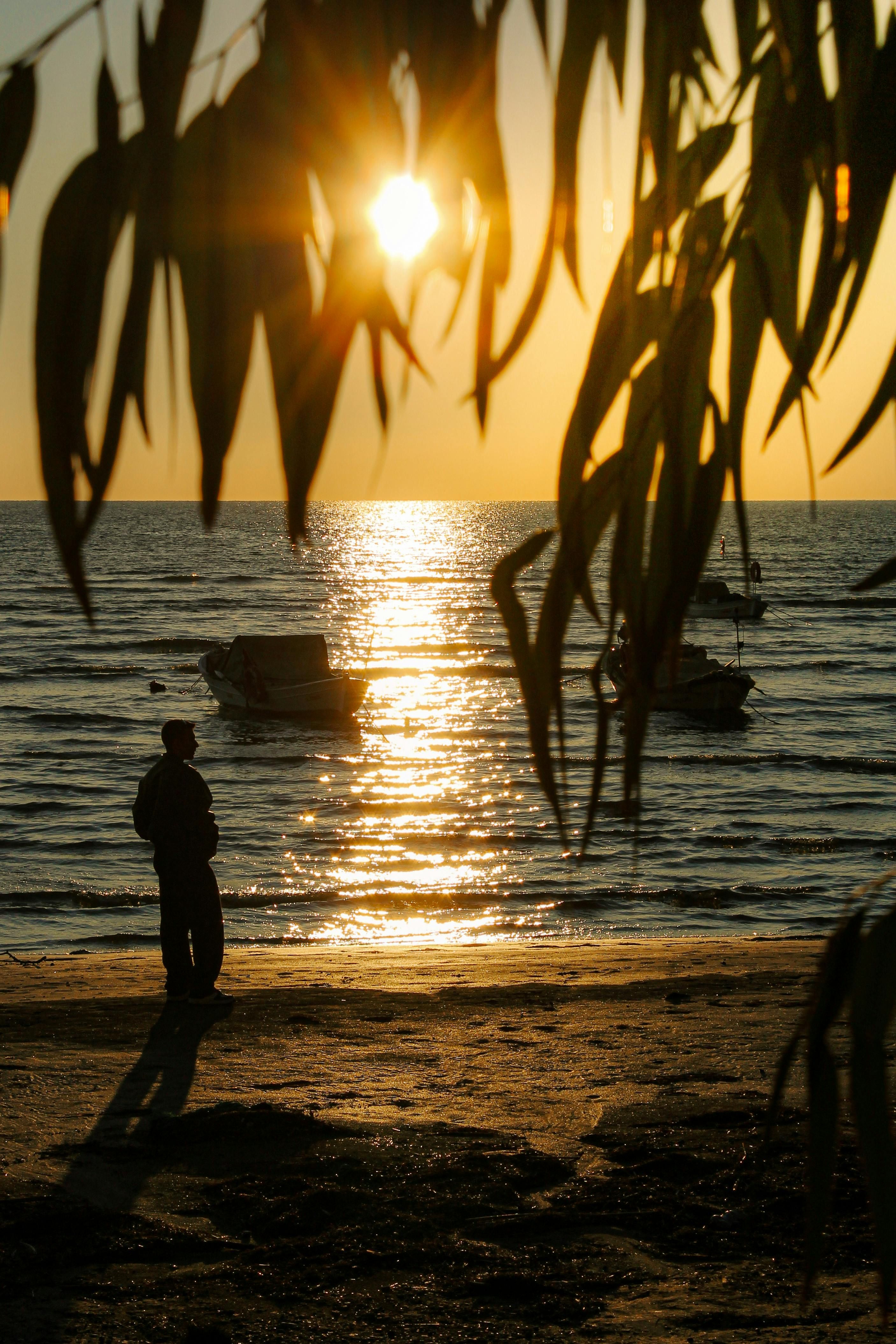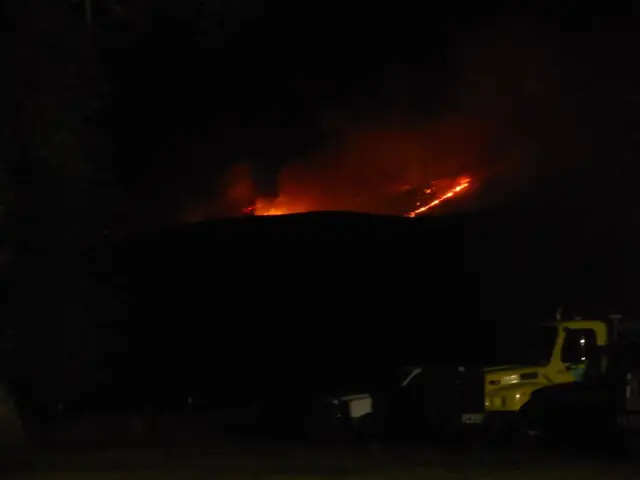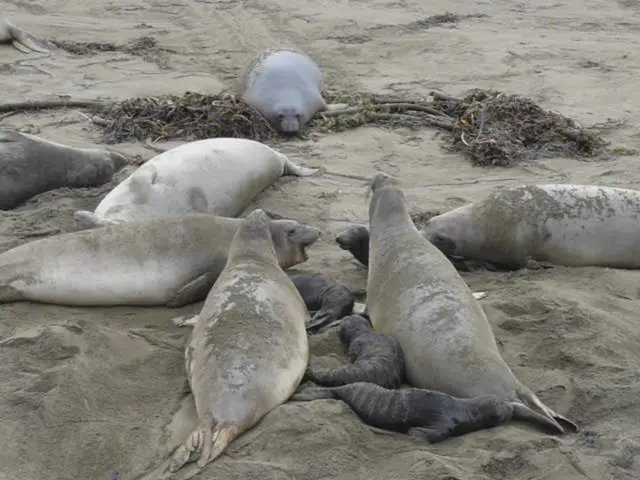Media Freedom in the Land of the Rising Sun: A Closer Look
Japan's low press freedom ranking underlines persistent self-censorship: experts
The latest survey by Reporters Without Borders has placed Japan at the 66th position globally, a four-spot jump from last year. However, Japan remains the least free country among the G7 nations, trailing behind nations like the Ivory Coast, Sierra Leone, and East Timor [1][2][4]. Despite being deemed a parliamentary democracy where media freedom and pluralism are generally respected, Reporters Without Borders, often abbreviated as RSF, issues a word of caution, stating that "traditional and business interests, political pressure, and gender inequalities often prevent Japanese journalists from functioning as effective watchdogs" [1].
A Glance at the Past
For years, Japanese governments have been under fire for implementing the press club system, a practice that limits access to news conferences and senior officials for many media outlets [1][4]. Critics argue that this system encourages self-censorship and discriminates against foreign journalists. Furthermore, reporting that is critical of the government can result in the withdrawal of press club credentials and media organizations losing access to news sources [1]. Consequently, media outlets shy away from asking tough questions or reporting on matters that could potentially upset the government.
The Road Ahead
Younger Japanese journalists, however, are seen as a ray of hope. They are pushing back against restrictive norms and challenges to media freedom, hoping to loosen political control over the media [1]. It remains to be seen whether this wave of change will lead to a significant improvement in media freedom in Japan. Nonetheless, it is clear that for the Japanese media landscape to truly thrive, broader access and fewer restrictions on journalists are essential to allow them to hold those in power accountable and serve as effective watchdogs.
[1] Media Freedom in Japan: A Comprehensive Analysis. (2025). Retrieved from https://rsf.org/en/japan
[2] Global Press Freedom Ranking. (2025). Retrieved from https://rsf.org/en/ranking
[3] The Role of Media in Democracies: Challenges and Opportunities. (2025). Retrieved from https://www.icfj.org/insights/media-democracies-challenges-opportunities
[4] Media Freedom in Developing Countries: A Comparative Perspective. (2025). Retrieved from https://www.ppri.org/ppri-research/reports/media-freedom-in-developing-countries
- The Reporters Without Borders report suggests that traditional and business interests, political pressure, and gender inequalities in Japan pose challenges for journalists to function effectively as watchdogs in the general-news industry.
- Despite Japan's position as a member of the G7 and generally respecting media freedom, the RSF has issuemed a caution regarding persisting inequalities that affect Japanese journalists, particularly in the realm of policy-and-legislation and politics.
- In Japan, government policies and practices, such as the press club system, have been criticized for potentially discouraging free reporting by foreign journalists and restricting access to news conferences and senior officials.
- The future of media freedom in Japan looks promising as younger journalists are pushing for changes that could loosen political control over the media, potentially leading to a more vibrant and open journalistic landscape in Japan.








